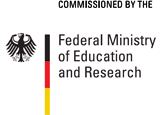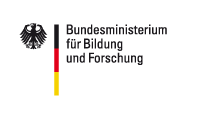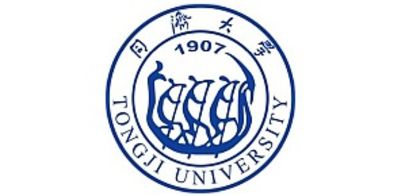Due to international relevance of the research topics, the Center strongly welcomes partners from APRA for joint scientific programs and training of young investigators.
Scientific Background
Based on several partnership agreements, an extensive exchange and training program of scientists and students from bioinformatics, neurosciences and medicine has been initiated and third-party funded workshops have been established. Computational biology covers a large area of expertise, from population genetics to biometrics, image analysis and drug development, notably in inflammatory and degenerative processes of the CNS and PNS. Further topics of life sciences will be added according to excellence and available funding.
Project and Objectives
Aim of the project is to establish a cooperation network in the research area of life sciences. Academic and applied life science programs will be developed and promoted in two local twin centers in Shanghai and in Tuebingen. The Twin Center will coordinate the research organization, exchange and training of young investigators as well as funding.
As first thematic concepts of the research area “Applied Life Science and Technology”, the activities “New lead compounds from traditional Chinese medicine in the treatment of neuroinflammatory and neurodegenerative diseases” and “Intellectual Property Rights (IPR) in Life Science and Technology” were successfully established.
The initiative is not only drawing much interest from partners in Asia, but also students and scientists from Iran, Cameroon and Brazil are participating in the nascent programs.
Aspects of Research Structure
A vivid program of basic and sustainable research, training and exchange as well as a network for intellectual property rights (IPR) could be established and is drawing much interest from Asian and other countries. Thus, multilateral activities will significantly contribute to this project. The cooperation with universities is based on bilateral partnership agreements. Particular emphasis will be placed on development and funding of binding and lasting academic or other organizational structures.










